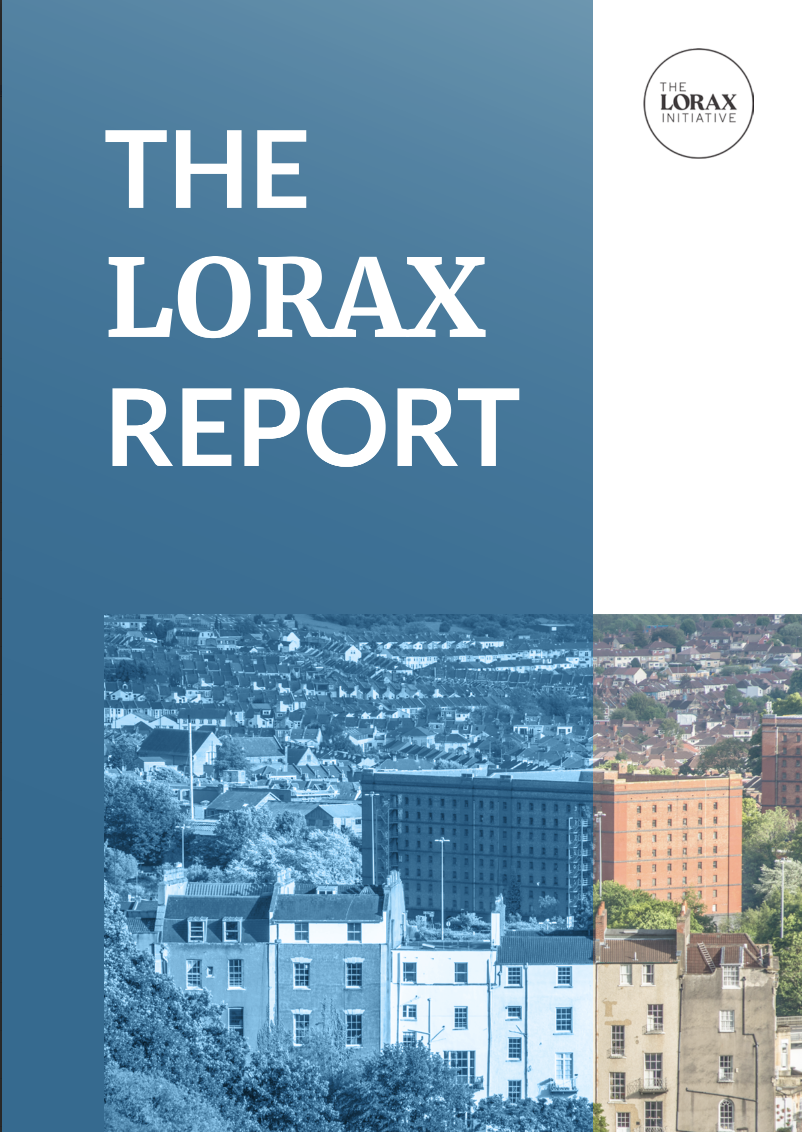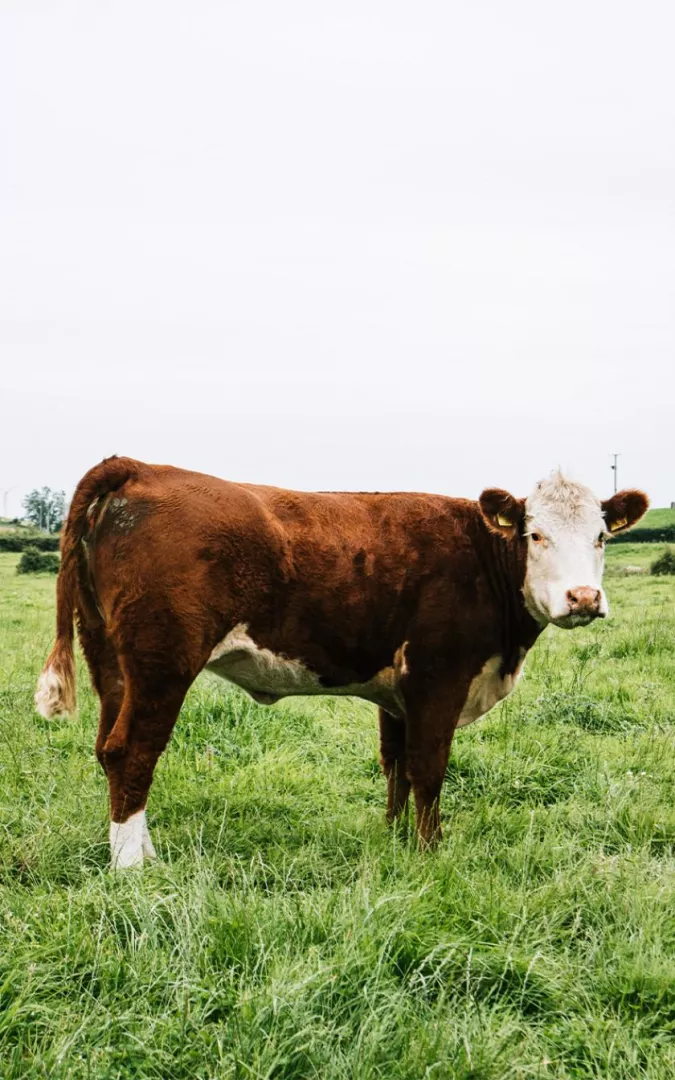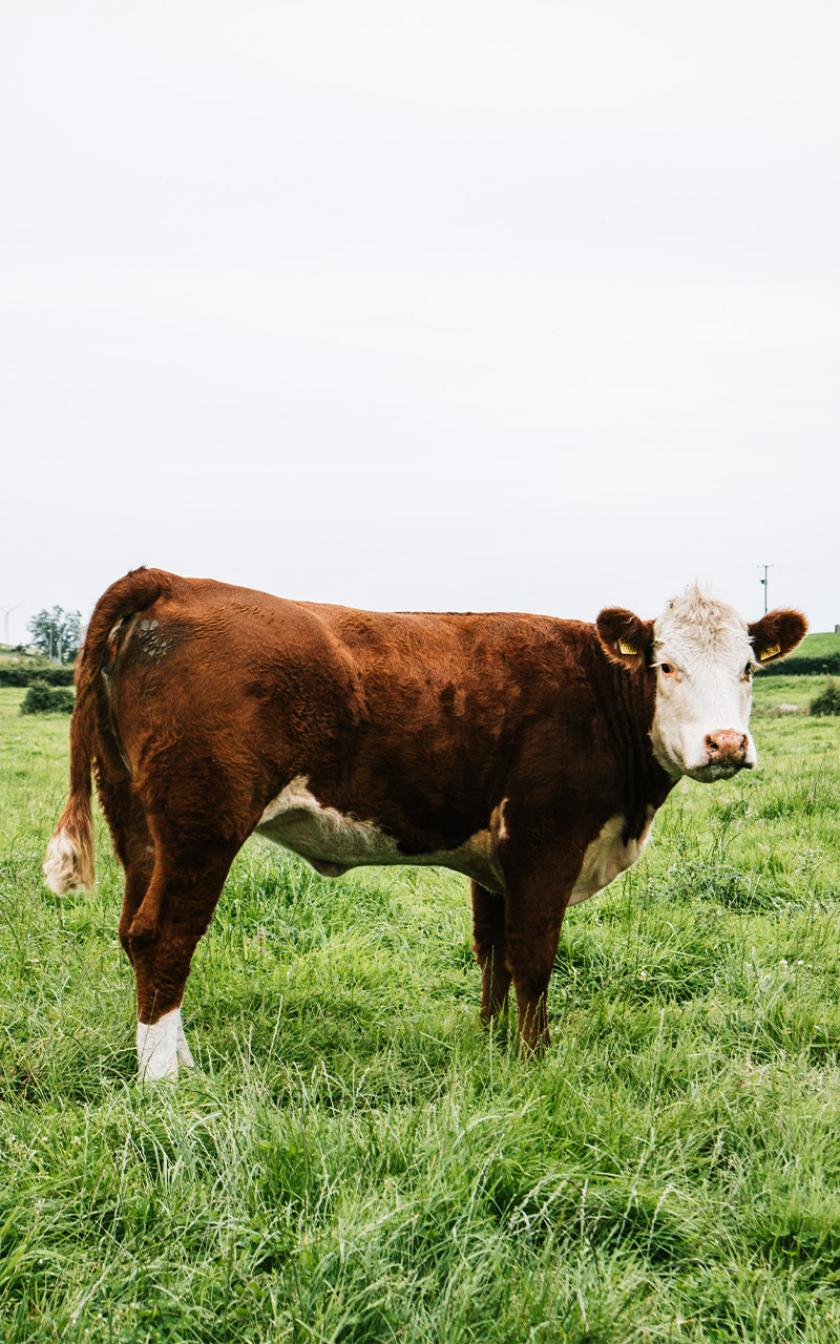
<- Our work
Lets Talk ->
Building a political consensus on air quality
The rise of “dark stores”—fulfilment centres and distribution hubs for online shopping—in urban areas creates congestion and air pollution affecting the health of local communities, particularly children.
The client
The Lorax Initiative:
aim is to investigate and understand the online delivery landscape, the intersection of delivery infrastructure and planning law and how these play out to impact communities across the UK.
Key stats
60+
total pieces of coverage
10m+
estimated overall reach
Coverage highlights:
MSN, Yahoo! News, the Grocer, Ecologist, France24
The challenge
“Micro-fulfilment centres” or “dark-stores” are the new frontier in cities’ rapidly changing economic landscape: where the picking, packaging and shipping to the consumer, happens all under one roof.
Recent changes to the UK’s planning law mean that small warehouse units might be able to expand across cities through permitted development rights with very little community oversight.
This is bringing communities into conflict, as the public grows anxious about increased traffic and air pollution which affects the health of local communities as well as damaging the environment.
The solution
89up launched the Lorax Initiative’s advocacy campaign to address these issues in planning law, process, and funding that would improve air quality for communities up and down the country.
We commissioned The Lorax Report which contained sensible policy recommendations while setting out an advocacy plan to enact this change. We executed an integrated approach by launching the report in leading UK trade titles and disseminated the report in the House of Commons, House of Lords, and through issues-focused Party groups.
We pitched the Lorax report to more than 200 news and media organisations, encompassing regional, UK national, and international outlets. This included specialised trade publications centered on food distribution and environmental topics, as well as widely-read mainstream newspapers—meaning the report reached key audiences of decision makers and key voices across politics, environmentalism, and the actual use of fulfilment centres.




















